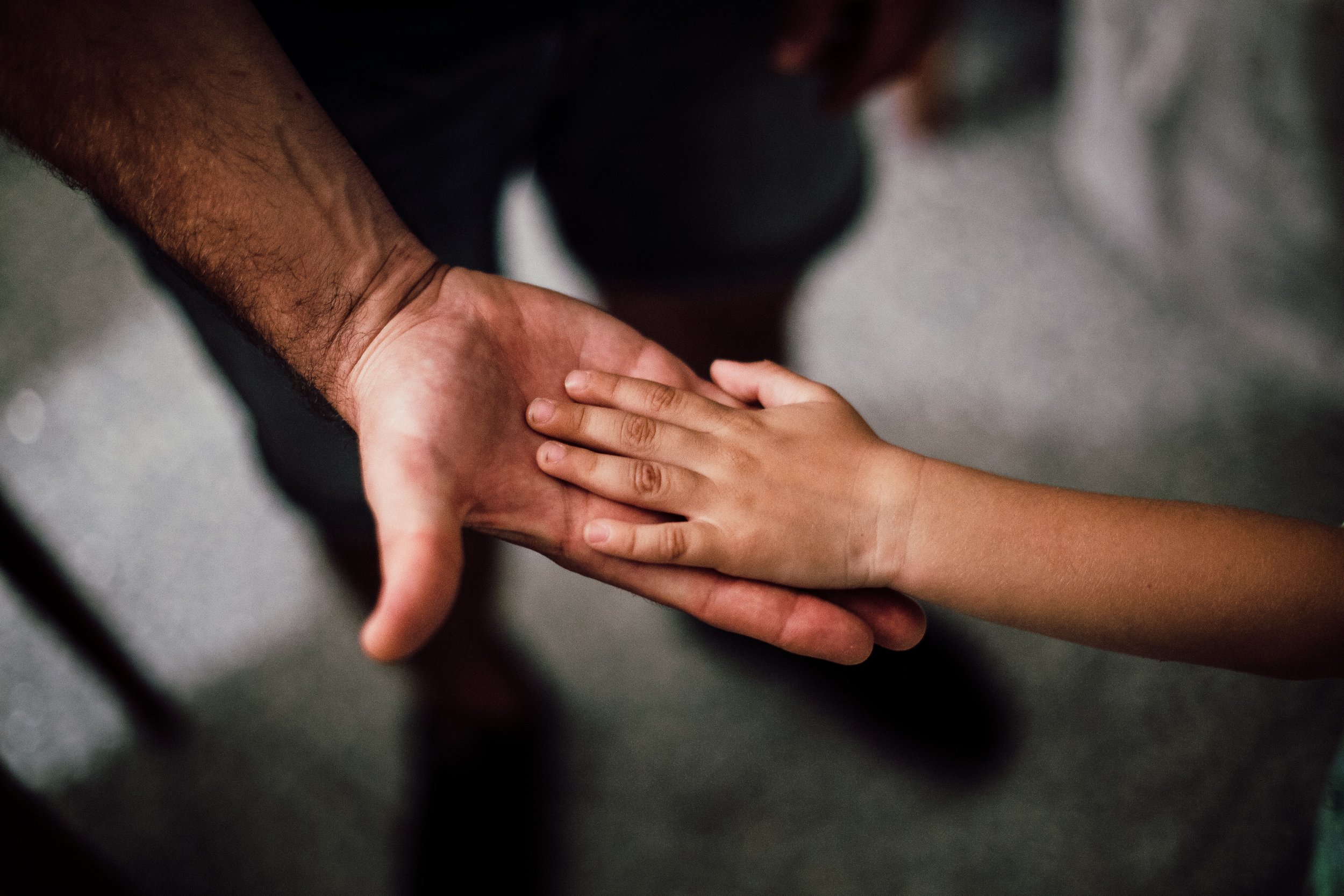
Hawaiʻi coalition calls for tax fairness for local needs
As Hawaiʻi struggles to meet growing needs in housing, education, health care and climate resilience, a broad coalition of community groups, labor unions and nonprofit advocates is pushing lawmakers to confront a long-standing question: how to pay for it.
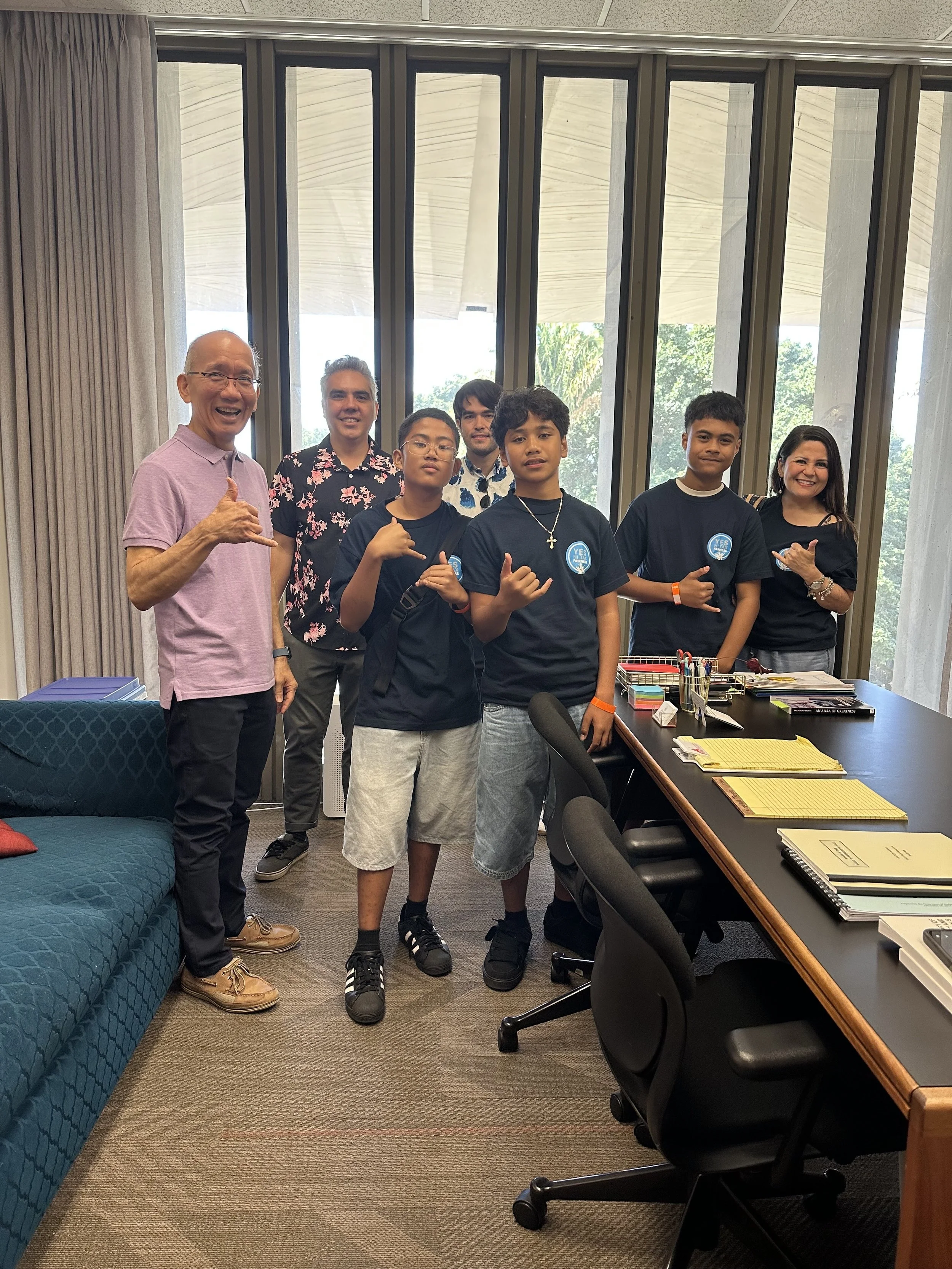
5 Questions: Will White, Appleseed Hawaiʻi executive director
This year marks an inflection point for Hawaiʻi. We can either accept the federal government’s retreat from our public benefits system, or reinvent and reinvest in new systems that work to support Hawaiʻi’s most vulnerable families.

Why does Hawaiʻi have a GET?
The General Excise Tax. We all know it, we all complain about it, especially the way it stacks up in transaction after transaction, raising prices. But there was a time when it didn't exist at all. Here's a look at who created it, when, and, most importantly, why.
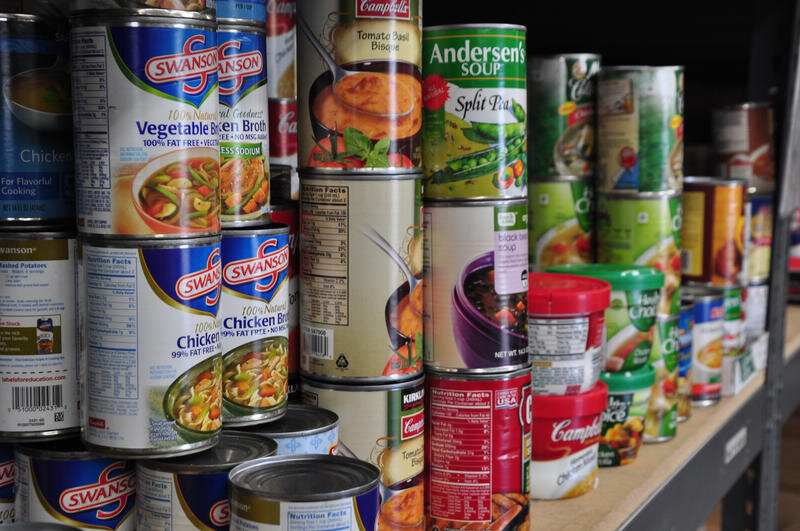
How City Council could improve food security for Oʻahu residents
The Honolulu City Council should work on disaster planning, summer feeding programs for children, kūpuna programs, and direct funding for food banks.

More Hawaiʻi residents are going hungry, new statewide report shows
The report was produced at a time when food security was bad in Hawaiʻi. But now, advocates say, it’s even worse.
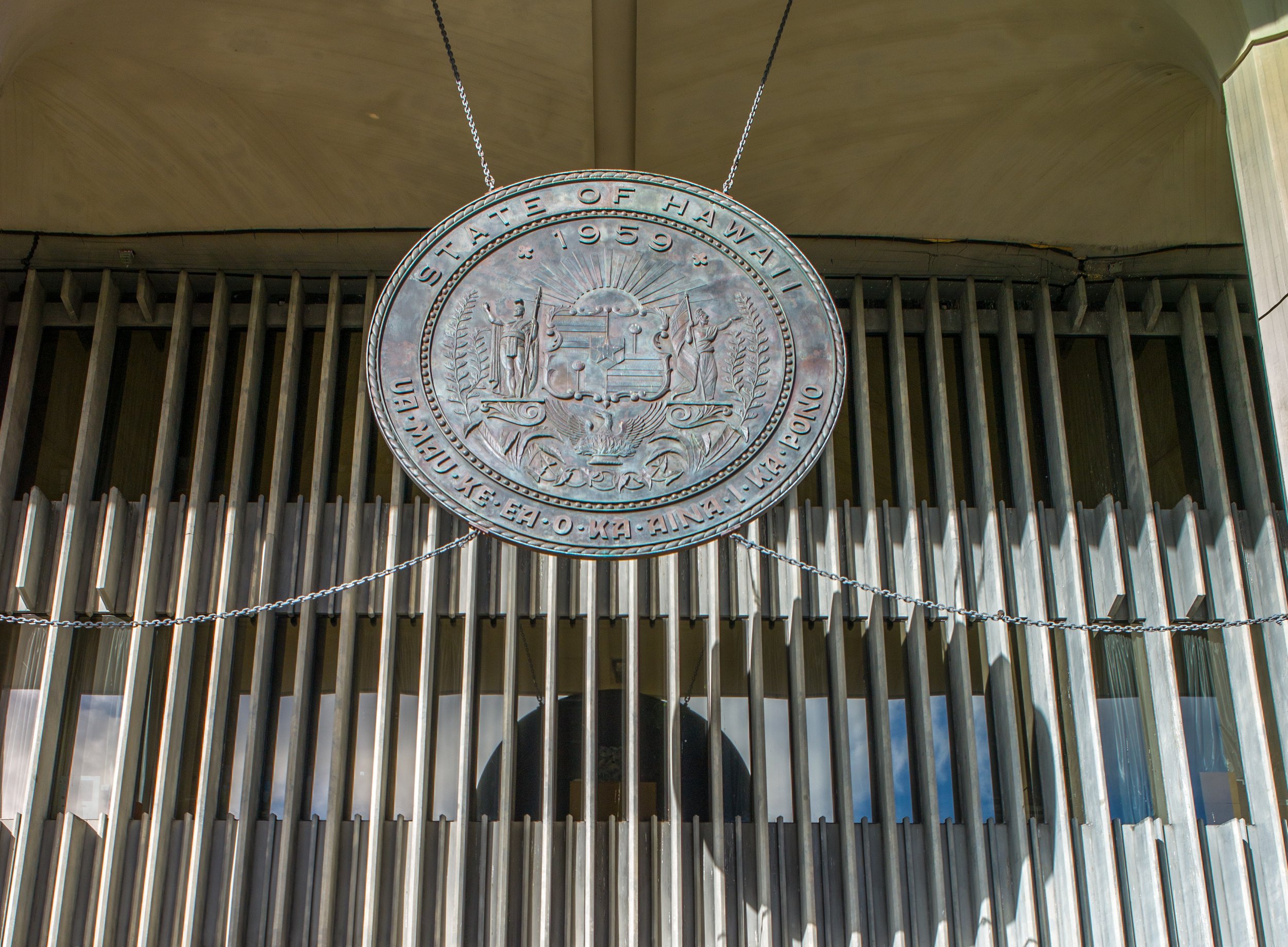
Why understanding Hawaiʻi’s budget is an important civic duty
An engaged and informed public is the most powerful tool for change we have.

Possible recession, federal cuts could have outsize effect on low-income households
A new budget report from the Hawaiʻi Appleseed Center sheds light on the difficulties our state may face in funding critical services as federal dollars dry up and a recession hits.

Four Hawaiʻi nonprofits receive investments as SNAP cuts loom
More than 13,000 people in Hawaiʻi could lose some or all of their benefits each month once expanded work requirements are implemented.

State fund aims to get more kids walking to school. Will they be safer?
The funds won’t be released until early next year, but the transportation department is looking at ways to expedite processes so work can begin within four months of receipt.

How federal tax cuts will impact Hawaiʻi residents
While everyone will see some reduction in taxes, for lower- and middle-class households, that will likely be outweighed by rising costs.
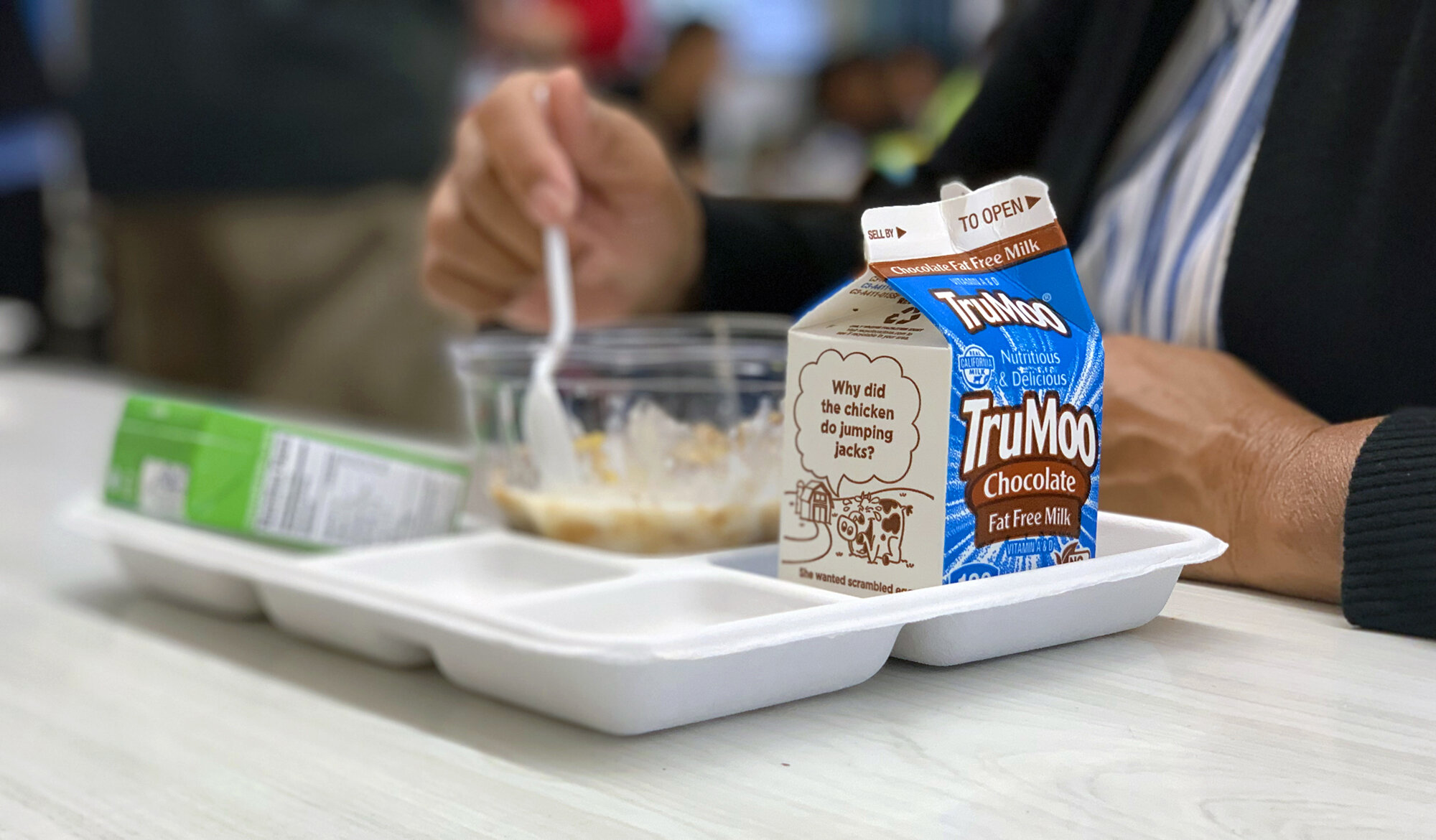
No one will say why school lunch costs Hawaiʻi DOE $9 a plate
Lawmakers have pushed the education department for more details on the costs of running its school meal program.

Economic prosperity rises from the bottom up
The Hawaiʻi Appleseed Center for Law & Economic Justice looks at the recent legislative session's hits and misses in this Community Voice column for Aloha State Daily.

Honolulu can fine Airbnb, Vrbo for illegal vacation rentals. It never has
Like other tourist destinations, Honolulu passed a law to hold booking platforms accountable for illegal listings. But the city hasn’t cited any company, even as illegal rentals flourish.

Hawaiʻi Appleseed has a new executive director
Will White aims to build from the organization’s solid foundation to advance its mission of advocating for economic justice for Hawaiʻi's people.

Housing: Lawmakers fund more housing, not special treatment for locals
Housing advocates unsuccessfully pushed for bills that would have given cash incentives for deed restrictions that require a property owner to be a resident working in the state.

Progress report: Hawaiʻi’s working families need more support
Advocates for working families are concerned that bad things are coming with federal cuts and hoped the legislature would do more to increase the state’s safety net.

Expand free school meals, because all keiki deserve to eat
SB 1300 would be an enormous step in the right direction, putting Hawaiʻi on a secure pathway toward ensuring all our keiki can achieve and thrive during the school day and throughout their lifetimes.
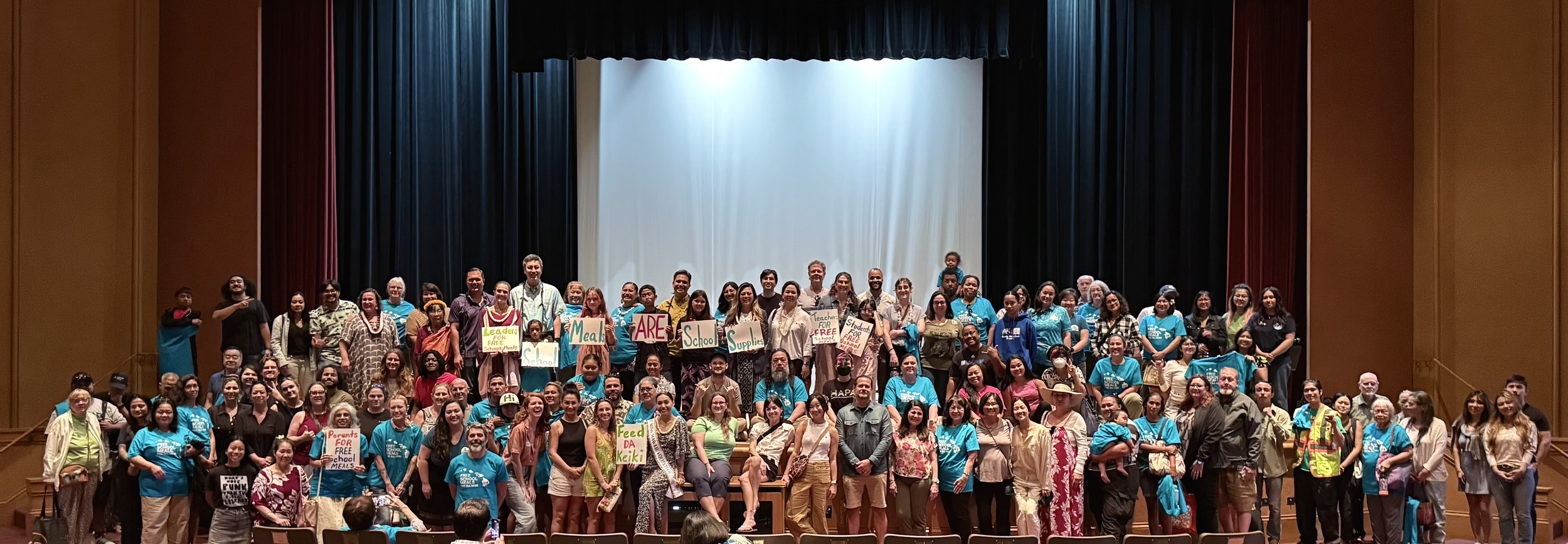
Child advocates, parents discuss bill to expand free and reduced meals for Hawaiʻi keiki
A community forum was held Saturday at McKinley High School to discuss a senate bill that would expand access to free and reduced-price meals for public school keiki.

Federal cuts put our communities at risk
With looming federal freezes on funding, services and jobs, community organizations are faced with the challenge of serving their communities under increasingly dire circumstances.

Hawaiʻi could raise its capital gains tax to 9%
Lawmakers are considering increasing the capital gains tax from about 7–9 percent.
